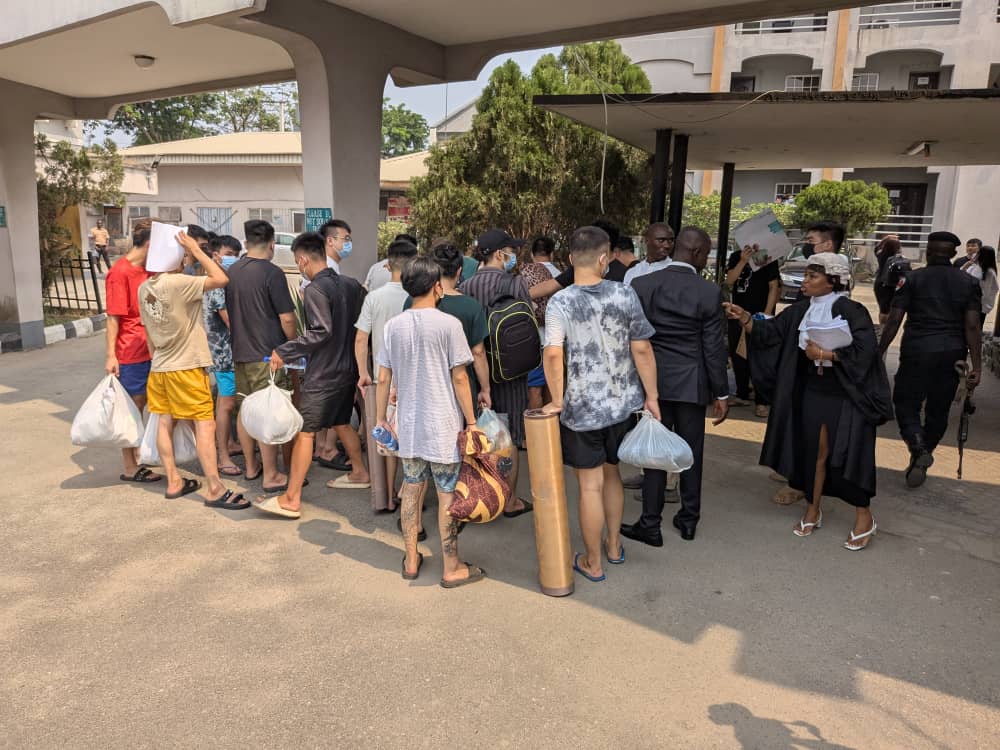
COURT ORDERS INTERIM FORFEITURE OF DIGITAL ASSETS WORTH $222,729 IN ALLEGED CYBERCRIME CASE
In a sudden move by the Economic and Financial Crimes Commission (EFCC), the Federal High Court in Lagos has ordered the temporary confiscation of digital assets worth $222,729.86 that are connected to the illegal activities of the 599 Nigerians and 193 foreigners who were arrested last December.
According to reports, 792 people were detained for a variety of crimes that included romantic frauds and bitcoin investment fraud.
The EFCC filed and moved an exparte application, and Justice Alexander Owoeye issued the order of interim forfeiture.
Section 44(2)(b) of the 1999 Constitution and Section 17 of the Advance Fee Fraud Act 2006 were the legal grounds for the EFCC’s application, which was submitted by its attorney, Zeenat Atiku.
After granting the order, the judge also directed the EFCC to publish it in a national newspaper, to allow anyone with an interest in the assets to appear before the court within 14 days to show cause why the assets should not be permanently forfeited to the Federal Government.
The order reads, “An interim forfeiture order of this Honourable Court forfeiting to the Federal Government of Nigeria digital assets listed in the schedule hereunder, which proceeds were traced and reasonably suspected to be proceeds of unlawful activities.”
In a seven-paragraph affidavit deposed to by an EFCC investigating officer, Owolabi Taiwo, the Commission said it received intelligence about a large-scale fraud involving foreign nationals operating in Lagos.
Owolabi said a subsequent sting operation led to the arrest of 792 suspected cybercriminals and the seizure of approximately 1,000 routers, SIM cards, computers, and mobile phones.
Further investigations revealed that these suspects were part of a syndicate engaged in cryptocurrency investment fraud and dating scams.
The syndicate financed its operations through a Nigerian-registered company, Genting International Co. Limited (GICL).
He stated that the company’s Union Bank account received over N2.26 billion from April to December 2024.
He added that “Bank statements showed that the primary inflows into the account came from cryptocurrency vendors, Chukwuemeka Okeke and Alhassan Aminu Garba, who provided statements under caution. They reported receiving a total of $2.39 million in USDT from the syndicate through peer-to-peer trading. Further blockchain analysis traced these funds to wallet addresses linked to fraudulent schemes, including Conti.vip.
“The investigation also revealed that GICL, established by foreign nationals, was used to launder the proceeds of fraudulent activities. These individuals, operating without valid work permits, are violating Nigerian laws”.
The court has adjourned the case to March 7, 2025, for a compliance report.
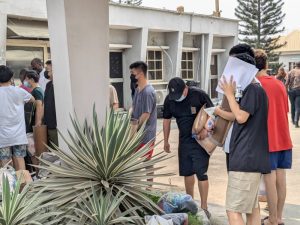
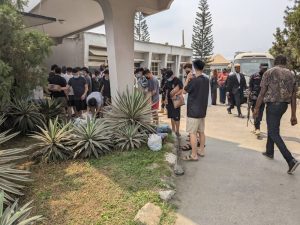
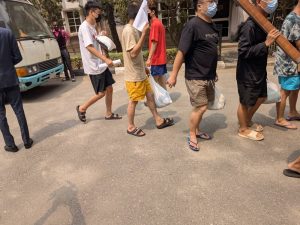
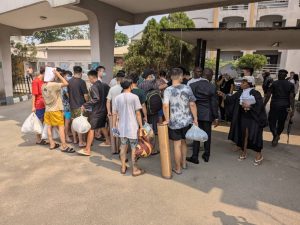
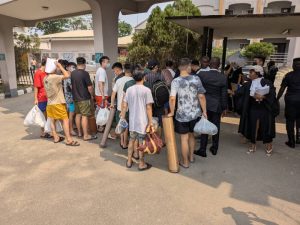
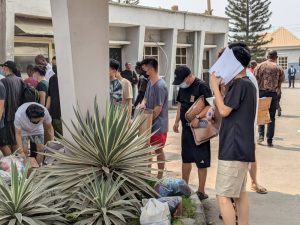

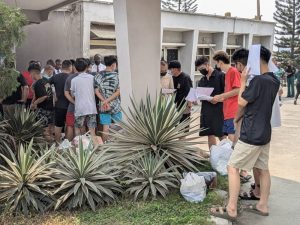
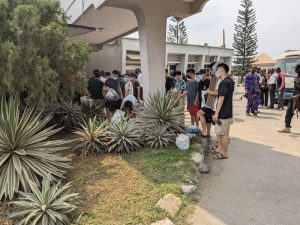
![]()
